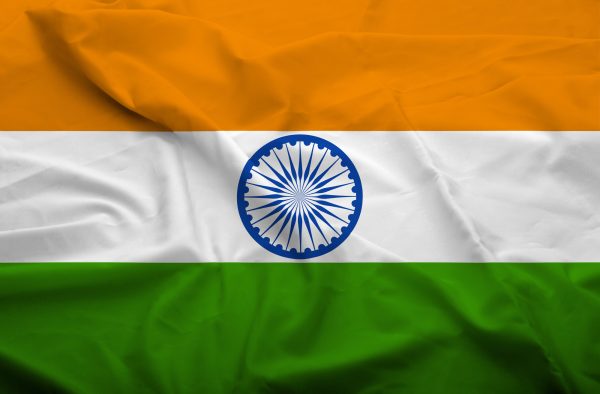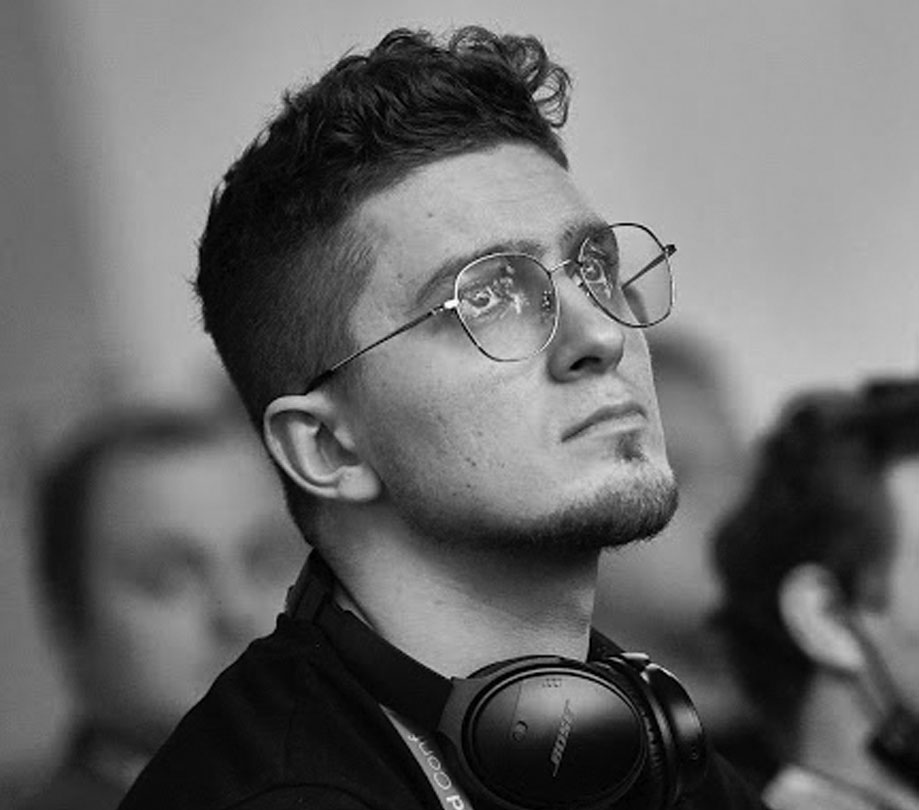In the beginning of February, France, India, and the United Arab Emirates (UAE) came together to announce a new trilateral partnership to work on a number of areas including defense, technology and energy. The three foreign ministers — Catherine Colonna of France, S. Jaishankar of India, and Sheikh Abdullah bin Zayed Al Nahyan of the UAE — met for the first time in a trilateral format in September last year on the sidelines of the U.N. General Assembly in New York. The February 4 phone call involving the three foreign ministers was a follow up to “adopt a roadmap for implementation” of their trilateral initiative.
Indian Foreign Minister Jaishankar tweeted after the call: “Productive conversation with colleagues, French FM @MinColonna and UAE FM @ABZayed today evening. Took forward discussions of New York on building practical projects that will benefit the region.” The minister added that the three discussed “convergences and further collaboration in education, business, maritime, culture and green energy for a stable peaceful and prosperous Indo-Pacific.”
Meanwhile, India’s Foreign Secretary Vinay Kwatra was in Paris for a meeting of focal points of the France-India-UAE trilateral partnership. Kwatra and his counterparts discussed areas for trilateral cooperation including in defense, energy and the environment, innovation, and people-to-people exchanges. The meeting coming in the backdrop of the foreign ministers’ call, putting in place an action plan for their trilateral cooperation. That demonstrates the intent and support that the trilateral partnership holds in all the three capitals.
According to an Indian Ministry of External Affairs press statement on the ministers’ meeting, the three countries came to an agreement that their trilateral cooperation initiative “will serve as a forum to promote the design and execution of cooperation projects in the fields of energy, with a focus on solar and nuclear energy, as well as in the fight against climate change and the protection of biodiversity, particularly in the Indian Ocean region.” In order to address issues of concern around the Indian Ocean region, the three countries agreed that they will “explore the possibility of working with the Indian Ocean Rim Association (IORA) to pursue concrete, actionable projects on clean energy, the environment, and biodiversity.”
The three partners are looking to hold a series of events during India’s G-20 presidency and the UAE’s scheduled hosting of COP 28 in 2023, where many of their common agendas can be pushed further. The three countries are also planning to expand their cooperative agenda using existing platforms and initiatives like the Mangrove Alliance for Climate led by the UAE and the Indo-Pacific Parks Partnership led by India and France.
The three countries identified defense as a core area for building closer cooperation and accordingly, France, India, and the UAE are making efforts “to further promote compatibility, and joint development and co-production, whilst seeking out avenues for further collaboration and training between the three countries’ defense forces.” Both India and the UAE have purchased the French Rafale fighters, making them ideal partners in furthering the defense agenda.
France’s first military base in the Gulf is located in Abu Dhabi, yet another dimension of the security focus in some of these emerging partnerships. The military base is situated on the strategically significant Strait of Hormuz, between the Gulf of Oman and the Persian Gulf.
Development of a trilateral cooperative agenda between academic and research institutions with the goal “to promote co-innovation projects, technology transfer, and entrepreneurship” was also agreed upon by the three ministers. For this, the ministers agreed that “trilateral conferences and meetings on the side-lines of high-level technology events such as Vivatech, Bengaluru Tech Summit, and GITEX will be arranged to support such cooperation.”
Given the devastating effects of the COVID-19 pandemic on the three countries (and the rest of the world), France, India, and the UAE agreed “to strengthen exchanges of views on emerging threats from infectious diseases, as well as on measures to fight against future pandemics.” In pushing this forward, the three also agreed to step up cooperation in multilateral platforms like the World Health Organization (WHO), Gavi the Vaccine Alliance, the Global Fund, and Unitaid.
Through the last several decades, France has remained one of India’s close and trusted strategic partners. The France-India relationship is rooted in a shared vision for a multipolar world with effective multilateralism, something that both Paris and New Delhi have deep interest in.
Relations with the UAE has also picked up greater momentum in recent years, along with India’s greater outreach to the Arab world. That the UAE is host to a large Indian diaspora is an important consideration, but the relationship has gone beyond the diaspora aspect.
India’s relationships with these two countries have progressed through bilateral and minilateral initiatives. India and the UAE are also part of the Middle East Quad, the I2U2 grouping that includes India, Israel, the UAE, and the United States. This Middle East Quad has a big focus on economic and technology partnership while building on areas such as water, transportation, and clean energy.
Given the strong commitment of France, India, and the UAE as well as the material wherewithal of the three partners, the trilateral partnership has the potential to emerge as an action-oriented minilateral in the broader Indo-Pacific. The three countries are likely to have an equal focus on some of the hard security issues while pursuing an agenda that will also be consequential for much of the Global South. India-France partnership has also been seen as a good framework for East-West cooperation.











.jpg&h=630&w=1200&q=100&v=5f99a4b43f&c=1)









Discussion about this post